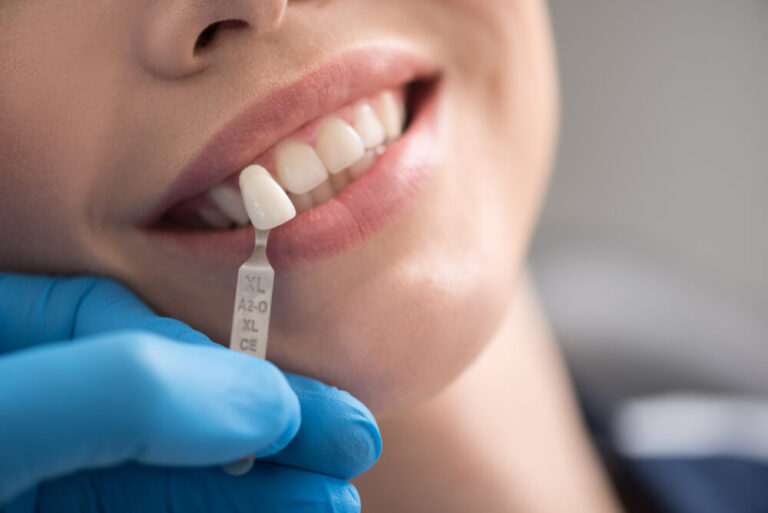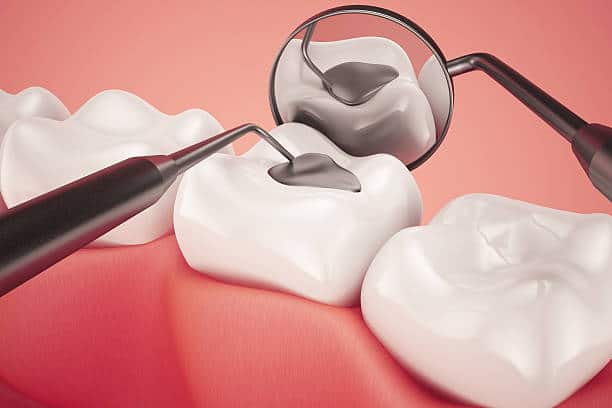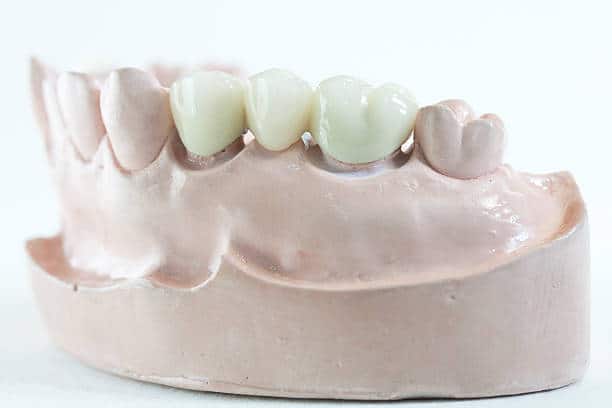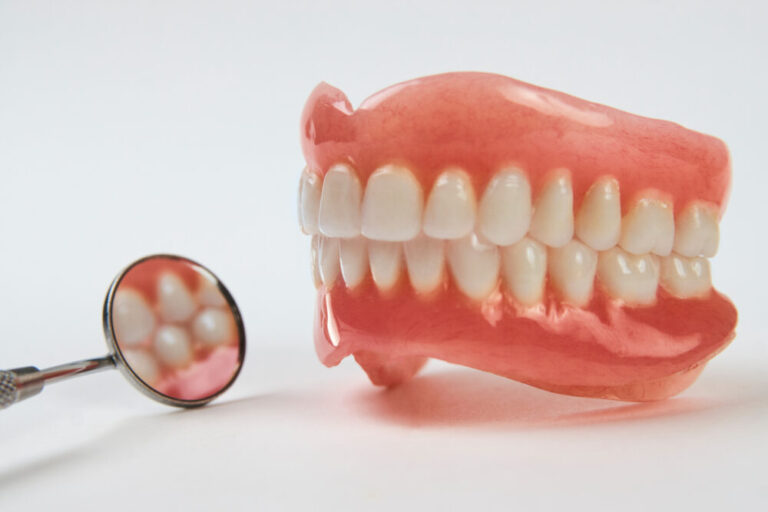How Do I Know If I Need Restorative Dental Work? Signs You Shouldn’t Ignore
Understanding When Your Smile Needs Professional Attention
At Independence Dental, one of the most common questions we hear from patients is “How do I know if I need restorative dental work?” It’s a crucial question because recognizing the early warning signs can mean the difference between a simple filling and a more complex procedure down the road. For over a decade, our experienced team has helped countless patients identify and address dental issues before they become major problems, restoring both function and confidence to their smiles.
Many dental problems develop gradually, which means you might not immediately notice when something needs attention. However, your mouth often provides clear signals when restorative treatment is necessary. Our team at Independence Dental believes that early detection and intervention are key to maintaining optimal oral health while minimizing treatment complexity. Understanding these warning signs empowers you to take control of your oral health and seek treatment when it’s most effective, ensuring the best possible outcomes for your smile.

The Top Warning Signs You Need Restorative Dental Work
Recognizing the signs that indicate you need restorative dental treatment is crucial for maintaining optimal oral health. Here are the most common indicators that it’s time to schedule a consultation:
Tooth Pain or Persistent Discomfort: Any ongoing tooth pain, whether sharp, throbbing, or dull, signals that something needs attention. Pain when biting down, chewing, or even at rest often indicates decay, infection, or structural damage that requires professional treatment. Don’t ignore dental pain—it rarely resolves on its own and typically worsens over time.
Temperature Sensitivity: If you experience sharp pain or prolonged discomfort when consuming hot, cold, or sweet foods and beverages, this typically indicates exposed tooth roots, worn enamel, or developing cavities that need restoration. While brief sensitivity can be normal, persistent or severe sensitivity requires professional evaluation.
Visible Damage or Decay: Dark spots, holes, chips, cracks, or obvious decay are clear signs that restorative treatment is needed. Even small chips can lead to larger problems if left untreated, as they create entry points for bacteria and can compromise the tooth’s structural integrity.
Missing Teeth: Even a single missing tooth can significantly impact your oral health, causing adjacent teeth to shift, affecting your bite, and leading to jawbone deterioration. Prompt replacement is essential for maintaining proper oral function and preventing further complications.
Difficulty Chewing or Changes in Eating Habits: If you find yourself avoiding certain foods, chewing only on one side of your mouth, or experiencing discomfort while eating, these changes often indicate dental problems requiring restoration. Your ability to eat comfortably should never be compromised.
Additional Signs That Shouldn’t Be Ignored
Gum Problems: Swollen, bleeding, or receding gums can indicate periodontal disease, which often requires restorative treatment to address damage to tooth-supporting structures. Healthy gums should be pink, firm, and free from bleeding during normal brushing and flossing.
Bad Breath or Unusual Taste: Persistent bad breath or a metallic taste in your mouth may signal decay, infection, or failing dental work that needs immediate attention. While occasional bad breath is normal, chronic issues often indicate underlying dental problems.
Loose or Shifting Teeth: Adult teeth should never feel loose or move when touched. Movement or shifting can indicate bone loss, gum disease, or trauma requiring prompt restorative intervention to prevent tooth loss.
Old Dental Work Failing: Discolored, cracked, loose, or rough-feeling fillings, crowns, or other restorations need replacement to prevent further damage and maintain oral health. Dental work doesn’t last forever and requires monitoring and eventual replacement.
Changes in Your Bite: If your teeth don’t fit together the same way they used to, or if you notice jaw pain, clicking, or difficulty opening and closing your mouth, this may indicate dental problems requiring restoration.
How Restorative Dentistry Can Help
When you recognize these warning signs, restorative dentistry offers effective solutions tailored to your specific needs. Dental Fillings address cavities and small areas of decay with durable, tooth-colored materials that restore both function and natural appearance.
Crowns provide comprehensive protection for severely damaged teeth, acting like protective caps that restore strength and functionality while maintaining aesthetic appeal. Bridges and Implants effectively replace missing teeth, restoring full mouth function and preventing the complications associated with tooth loss.
Root Canal Therapy can save infected or severely damaged teeth by removing compromised tissue and sealing the tooth, eliminating pain while preserving your natural tooth structure. Modern procedures are comfortable and highly successful, often completed in just one or two appointments.
The Benefits of Early Intervention
Addressing dental problems early provides numerous advantages that make prompt treatment worthwhile:
Pain Relief: Restorative treatment eliminates discomfort caused by decay, infection, or damaged teeth, dramatically improving your daily quality of life and allowing you to eat, speak, and sleep comfortably.
Prevent Larger Problems: Early intervention often means simpler, less invasive treatments. A small filling today can prevent the need for more extensive procedures later, saving you time, discomfort, and expense.
Restore Full Function: Return your ability to chew normally and speak clearly, allowing you to enjoy all your favorite foods and feel confident in social and professional situations.
Protect Overall Health: Untreated dental problems can lead to serious infections that affect your overall health and well-being. Prompt treatment prevents these complications and supports your general health.
Maintain Your Natural Teeth: Modern restorative techniques focus on preserving as much of your natural tooth structure as possible, which is always preferable to extraction and replacement.
When to Schedule Your Consultation
Don’t wait for dental problems to worsen or become more painful. At Independence Dental, we recommend scheduling a consultation if you experience any of the warning signs mentioned above. Our comprehensive evaluation includes thorough examination and advanced diagnostic tools to assess your oral health status and identify any issues requiring attention.
During your visit, we’ll discuss your concerns, explain any problems we discover, and create a personalized treatment plan that addresses your specific needs and goals. We believe in patient education and will ensure you understand your options and feel comfortable with your treatment decisions.
Experiencing Any of These Warning Signs? Don’t Wait – Contact Independence Dental Today! Schedule your comprehensive evaluation and let our experienced team assess your oral health status and discuss any concerns you may have. Early intervention means simpler treatment and better outcomes. Call us now to protect your smile and maintain your oral health!




